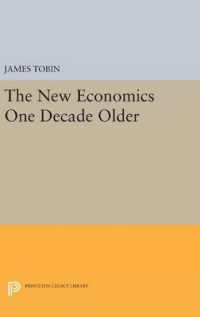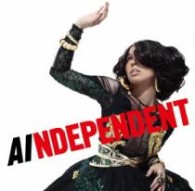Full Description
This book revisits the notion of World Literature and its applications in Comparative Literature. It suggests the notion not as a means to sift out international paradigms for reading literatures, but as a set of guidelines for the construction of interlocking and/or reciprocally illuminating multilingual literary clusters. These ensembles are of very diverse shapes: the world, a region, a country, a language block, a network of cross-cultural «interferences» - while the so-called minor literatures invite to question the use of these ensembles. Within this frame, fourteen essays respond to the basic paradox of World Literature: how may specific methodological and critical outlooks allow expression of the universal? The answers to this question can be arranged in three groups: 1. Recognition of the need to break loose from European or Western critical perspectives; 2. Presentation of macro- and microcosmic dimensions connectedness and its processes; 3. Definitions of the methodological efforts and hermeneutic orientations to be applied.
Contents
Contents: Lisa Block de Behar : Henry James à la quête des universaux - Ipshita Chanda: «World Literature»: A View from Outside the Window - Dorothy Figueira: «Salut au Monde»: The World as Envisioned by World Literature - Eva Kushner: A Moving Target... - Haun Saussy: By Land or Sea: Models of World Literature - Manfred Schmeling : De la Weltliteratur en temps de guerre et de crise : Romain Rolland et Thomas Mann, un maillage international - Maria Alzira Seixo : L'effet-monde et le particulier littéraire - Steven Sondrup: Goethe, China, and World Literature - Monica Spiridon: The Well-Tempered Relativism, Or How to Compare the Incomparable - Micéala Symington: World Literature and Minor Literatures - Mario J. Valdés: Translation and Comparative Literature - Hein Viljoen: Caught in Complex Webs: World Literature - a South African Perspective.








